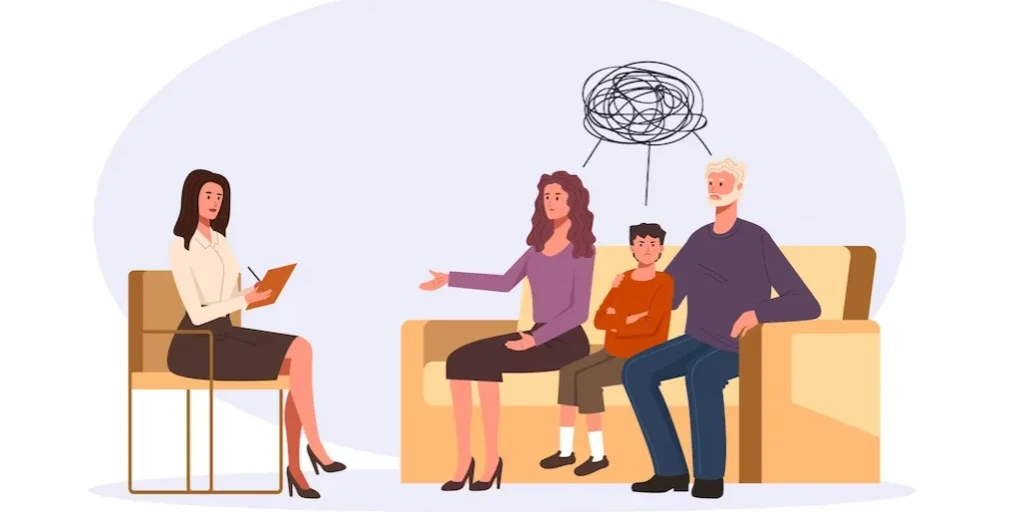24/7 Helpline:
(866) 899-111424/7 Helpline:
(866) 899-1114
Learn more about Dual Diagnosis Rehab centers in Birnamwood
Dual Diagnosis Rehab in Other Cities
Other Categories in Birnamwood

Other Insurance Options

UMR

BlueCross

Health Net

Coventry Health Care

Sutter

Anthem

Choice Care Network

PHCS Network

Amerigroup

WellCare Health Plans

Covered California

WellPoint

GEHA

Aetna

Absolute Total Care

Humana

Carleon

Premera

Multiplan

Optima






























































Ho – Chunk Nation Alcohol and Drug
Ho – Chunk Nation Alcohol and Drug is a private rehab located in Wittenberg, Wisconsin. Ho – Chunk N...

Lutheran Family Counseling
Lutheran Family Counseling is a private rehab located in Shawano, Wisconsin. Lutheran Family Counsel...

LSS – Lutheran Social Services – Homme Youth and Family Programs
Lutheran Social Services (LSS) - Homme Youth and Family Programs is a residential treatment center s...

























































